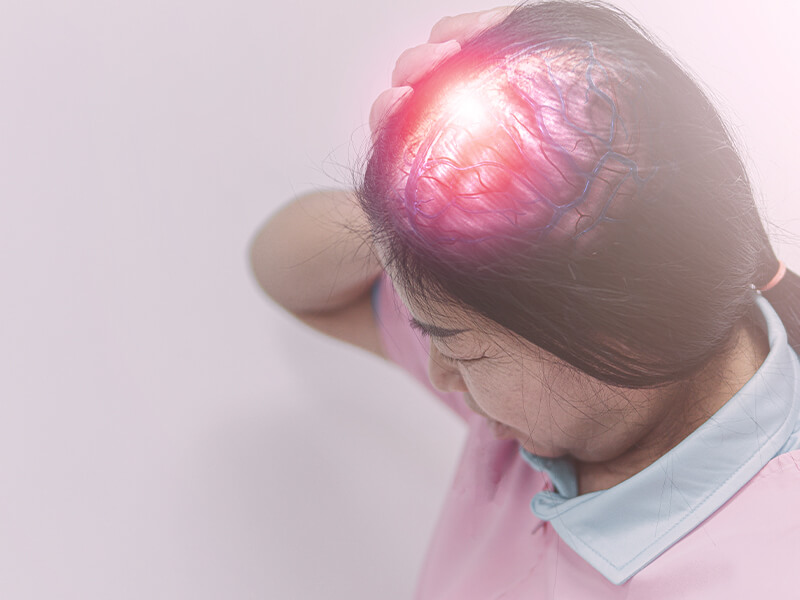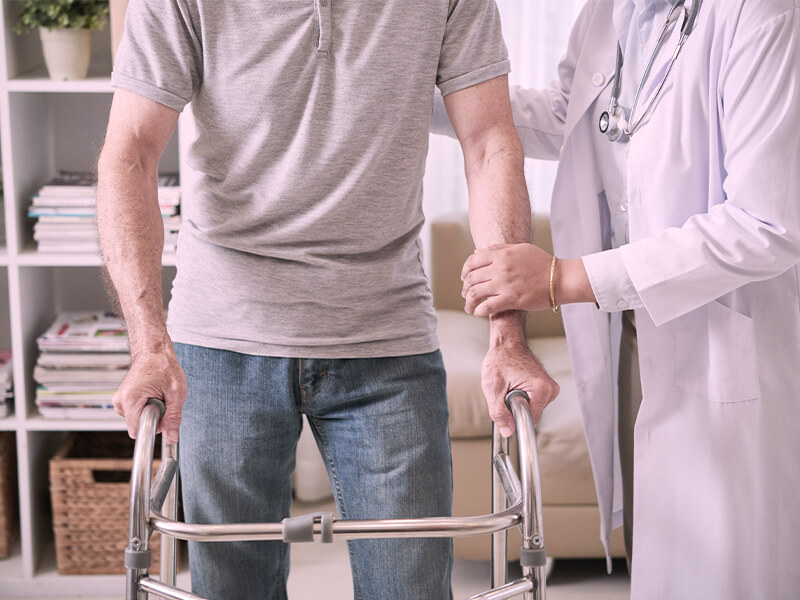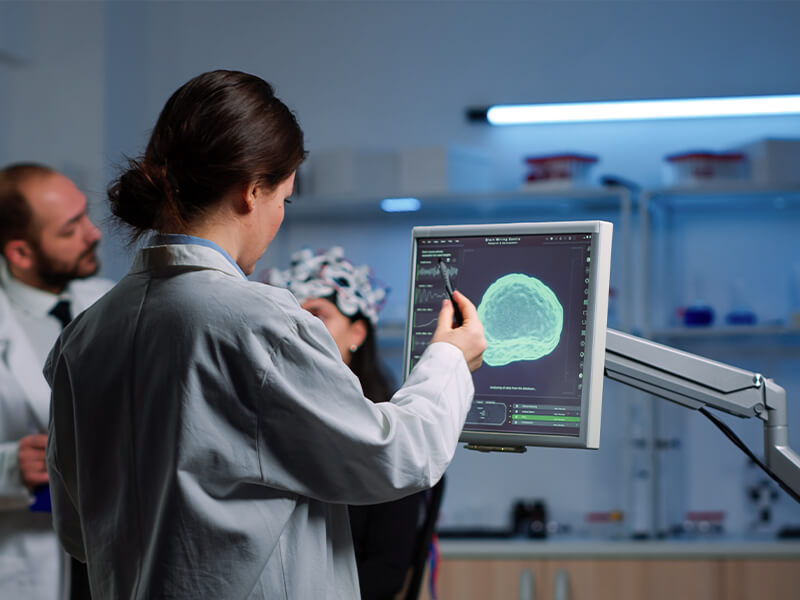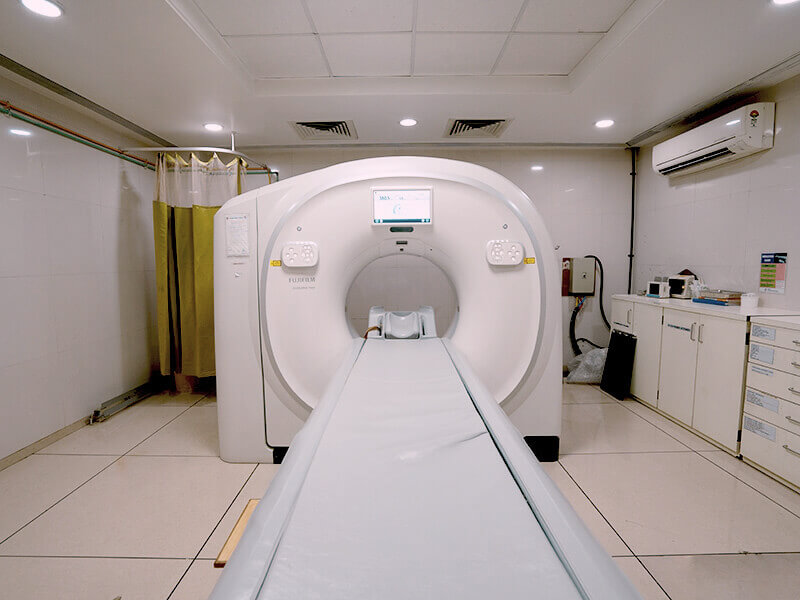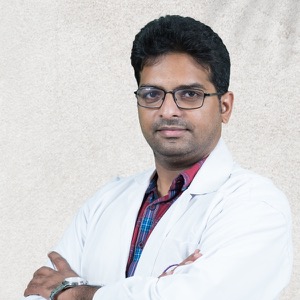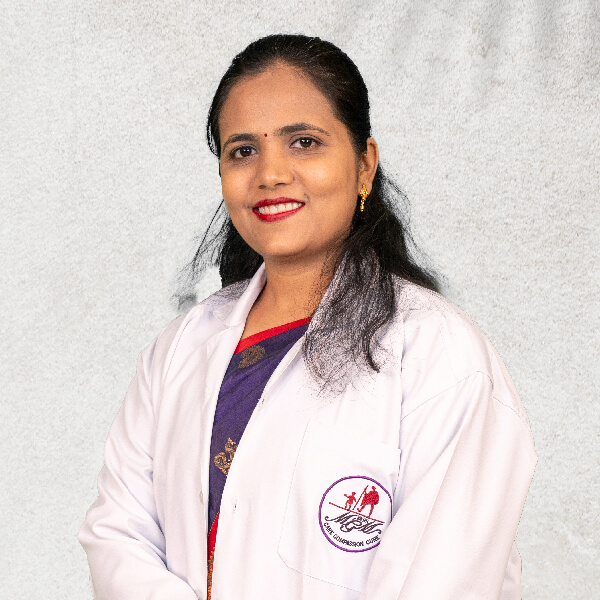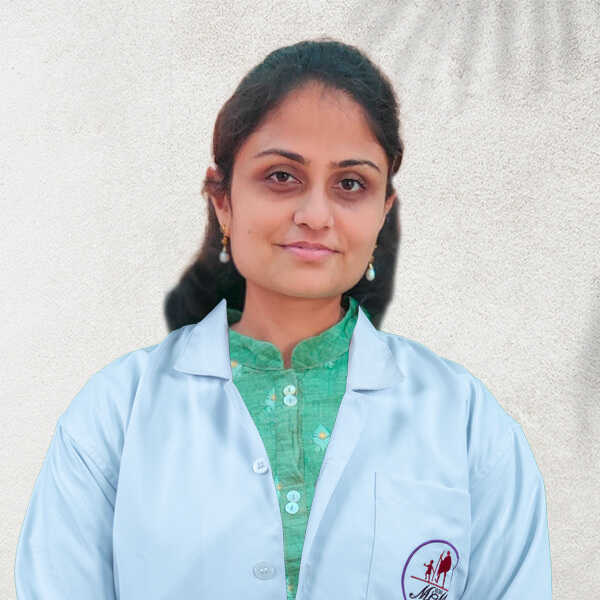We seek to provide the highest quality complete neurological care for our patients along with routine outdoor, indoor and dedicated emergency and neuro-intensive care especially after surgery and stroke.
Neurological diseases and conditions can affect nearly every part of your body and affect both adults and children.
We also provide long term customized care and ensure well being of our patients through our team of specialists, comprehensive services, and good follow up systems for patients especially those prone to severity. Over the years, we have gained confidence of the community and this has helped us to propel to greater commitments and achievements.
Highlights
The department works in multidisciplinary collaboration with Neurosurgery, Radiology, Neuro-rehabilitation, Psychiatry and General Medicine with sole aim to provide best and quality patient care at affordable costs.
Services
The Department Offers Broad Spectrum of Medical Services for Various Types of Neurological Disorders such as:
Know About Few of the Common Neurological Disorders
Technology & Infrastructure
We offer various investigations that help us accurately diagnose Neurological Conditions. These investigations include:
Our Specialists
Related Care Centers
FAQs
What does a neurologist treat?
What does a neurosurgeon treat?
What are the signs of stroke?
The best way to determine that the symptoms are in favour of stroke is to think F.A.S.T
Face – Does the angle of mouth looks deviated or the smile is angled or distorted.the l;
Arms –Does one arm drift down after raising hands/arms
Speech-Does the speech is slurred or sounds unusual.
Time-If the above symptoms are noticed then it’s time to call for help
What are the symptoms of brain tumor?
- Intense, prolonged or continuous headache over days or months.
- Vomiting, squinting of eyes asymmetry of face.
- Paralysis or weakness of one side of the body (Hemiparesis).
- Double vision or Diplopia.
- Fits, seizures or convulsions.
What are the causes of a Brain Haemorrhage?
- Hemorrhagic stroke – Seen in 30-60% of hospital admissions due to stroke. High blood pressure (BP) increases the risk of bleed in the brain in stroke patients.
- Head Injury.
- Rupture of Aneurysm – An aneurysm is a defect in the wall of the artery. As age advances the pressure of the flow blood causes thinning of this wall with an out pouching of the vessel (aneurysm). When the aneurysm ruptures it leads to Brain Haemorrhage.
- AVM (Aretrio Venous Malformation) – There is an abnormal connection between the arteries and veins. This is usually a defect from birth. Due to this abnormal connection, the pressure in the arteries is directly transmitted to the veins leading to bleed over a period of time. When the AVM occurs in the brain blood vessels, it leads Brain Hemorrhage.
- Brain tumor bleed – Some brain tumors are very vascular and may at times spontaneously bleed.
- Disorders of Bleeding and Clotting of Blood – Can cause bleeding anywhere in the body including brain.


